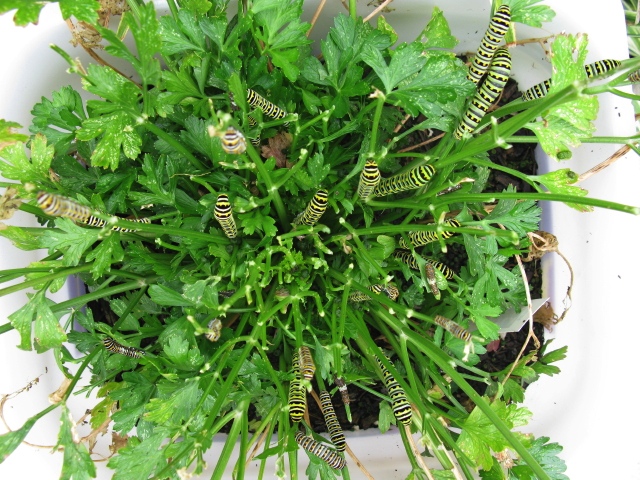Saturday, September 12, 2009
Tomato Bouquet
Thursday, September 10, 2009
David and Abby In Town
Is "Calling Out" Citizens Part of the President's Job?
The problem here is the liberal mentality. Faced with a problem such as obesity, the liberal wants to classify it as a public health problem -- which is absurd on the face of it. No doubt there are public health problems, and some of them are getting worse because of a failure to control the borders; but obesity is an individual problem to be solved (or left unsolved) by the individual and perhaps a few significant others. If obesity counts as a public health problem, then how could any health problem not count as a public health problem?
Here is the straight skinny on obesity: if you consume more calories than you burn, then you gain weight. If you burn more calories than you consume, then you lose weight. So if you want to lose weight, eat less and move more. Try it. It works. Of course there are people with special conditions. But I'm talking about the general run of the population. For the most part, people are fat because they refuse to discipline themselves. Liberals aid and abet them in their indiscipline. I am tempted to say that that is part of the very definition of a liberal. The liberal tendency is to shift responsibility from the agent and displace it onto factors external to the agent. So it's Burger King's fault that you have clogged arteries, not your fault. Nonsense on stilts.
The problem with liberals is not that they are stupid, but thay they stupefy themselves with their political correctness.
Wednesday, September 9, 2009
Evidence of Life on Planet Stallings

It was a good subject—what to do when life's circumstances work against all one's best efforts to maintain a relationship with God. Here's the "product description" from Amazon:
Robert A. Schuller explores the various ways individuals lose or experience interference with their connection to God. He explains that emotions such as shame, regret, fear, and disappointment can stand in the way of the intimate association God wants with His children. The good news is that when His people are struggling, God stays close. There are many ways to reestablish a dynamic connection with Him. Schuller calls these "Connection Corrections" and leads readers through identifying communication barriers and how to break them. Each chapter delves into the reasons readers fail to connect with God, how to begin repairing the broken wires, and the life-altering benefits of restoring a positive, power-filled relationship with Him. Readers who feel adrift from God will no find that no barrier is too big to keep them from a close, loving relationship with Him.
Monday, September 7, 2009
Habits, Habits
 3. I'm currently reading a book called Maximum Achievement by a well-known corporate speaker and trainer named Brian Tracy. (The book is great—really forcing me to think in fresh ways about where I am in life, and why, versus where I'd like to be.) I was reading his thoughts on "habits" (pp. 90-91):
3. I'm currently reading a book called Maximum Achievement by a well-known corporate speaker and trainer named Brian Tracy. (The book is great—really forcing me to think in fresh ways about where I am in life, and why, versus where I'd like to be.) I was reading his thoughts on "habits" (pp. 90-91):











